November 26, 2018
The meaning of life, the Black Mirror of Beijing, standing desks not a silver bullet and some other stuff
 So, what is the meaning of life? According to a study by Pew, the gold standard US based researchers, it’s spending time with family and friends, reading, listening to music and going for a walk in the open air. Work comes somewhere down the list. Just one-third of the survey’s respondents mentioned their career or job as a source of meaning, and only a quarter cite finances or money. This, it turns out, is not too far off Monty Python’s conclusion in their eponymous film: Try and be nice to people, avoid eating fat, read a good book every now and then, get some walking in, and try and live together in peace and harmony with people of all creeds and nations. That’s that sorted then.
So, what is the meaning of life? According to a study by Pew, the gold standard US based researchers, it’s spending time with family and friends, reading, listening to music and going for a walk in the open air. Work comes somewhere down the list. Just one-third of the survey’s respondents mentioned their career or job as a source of meaning, and only a quarter cite finances or money. This, it turns out, is not too far off Monty Python’s conclusion in their eponymous film: Try and be nice to people, avoid eating fat, read a good book every now and then, get some walking in, and try and live together in peace and harmony with people of all creeds and nations. That’s that sorted then.













 The majority (89 percent) of employers say in-building mobile coverage is important to their business, but only 17 percent of businesses have full bar indoor mobile coverage, claims a new report. ‘Building Connections’, commissioned by Vilicom argues that as 78 percent of adults own a smartphone and check it every 12 minutes on average, and with the number of UK landlines falling 35 percent from 10m in 2010 to 6.4m in 2017, a lack of mobile coverage seriously threatens productivity, revenue, damage to reputation and customer satisfaction for organisations of all kinds.
The majority (89 percent) of employers say in-building mobile coverage is important to their business, but only 17 percent of businesses have full bar indoor mobile coverage, claims a new report. ‘Building Connections’, commissioned by Vilicom argues that as 78 percent of adults own a smartphone and check it every 12 minutes on average, and with the number of UK landlines falling 35 percent from 10m in 2010 to 6.4m in 2017, a lack of mobile coverage seriously threatens productivity, revenue, damage to reputation and customer satisfaction for organisations of all kinds.

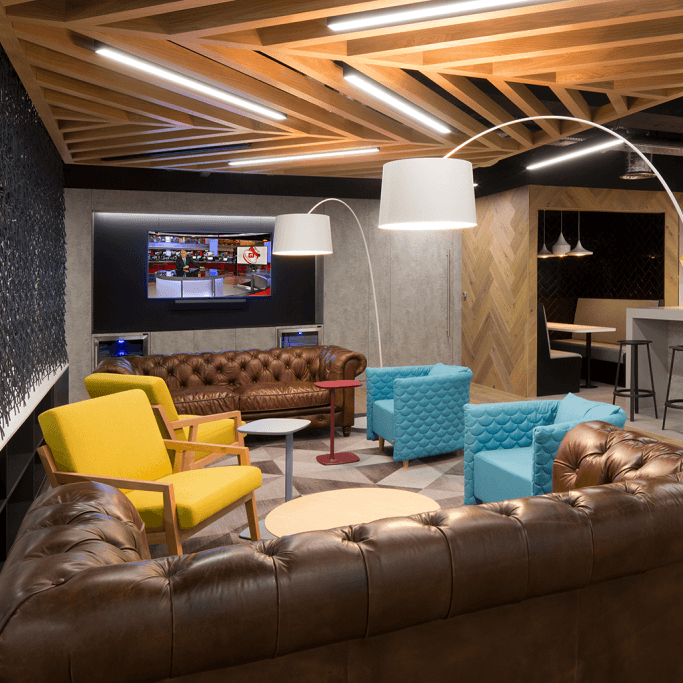
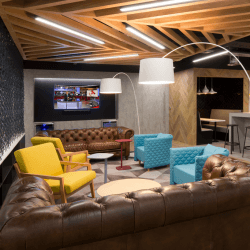
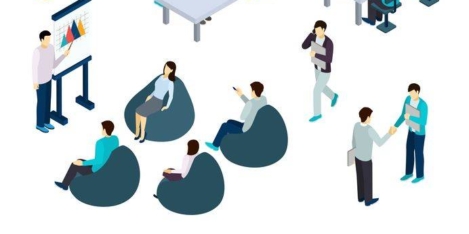
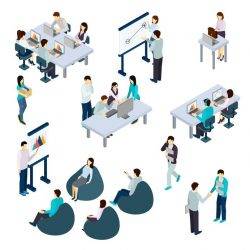



 A sudden reversal in the growth in the number of both EU and non-EU migrants in employment in the UK could hit employer plans to take on more staff and worsen skills and labour shortages, according to the latest quarterly Labour Market Outlook from the CIPD and The Adecco Group. While the net employment balance – a measure of the difference between the proportion of employers who expect to increase staff levels and those who expect to decrease staff levels – has remained extremely positive at +22 (compared to +23 in Q3 2018), among employers which currently have vacancies, seven in ten (70 percent) report that at least some of their vacancies are proving hard-to-fill, higher than in Summer 2018 (66 percent) and Spring 2018 (61 percent).
A sudden reversal in the growth in the number of both EU and non-EU migrants in employment in the UK could hit employer plans to take on more staff and worsen skills and labour shortages, according to the latest quarterly Labour Market Outlook from the CIPD and The Adecco Group. While the net employment balance – a measure of the difference between the proportion of employers who expect to increase staff levels and those who expect to decrease staff levels – has remained extremely positive at +22 (compared to +23 in Q3 2018), among employers which currently have vacancies, seven in ten (70 percent) report that at least some of their vacancies are proving hard-to-fill, higher than in Summer 2018 (66 percent) and Spring 2018 (61 percent). 
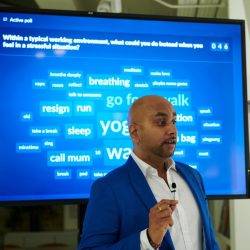

 Over half of home workers say they appreciate the benefits that home working offers but nearly a quarter complain of loneliness too, a new survey from BHSF claims. When asked how working from home makes them feel, the top three responses were: free (50 percent), in control (47 percent) and calm (46 percent). However, a significant number of those surveyed chose more negative words to describe their feelings. Just over a quarter (26 percent) said that working from home made them feel remote, 24 percent felt isolated and 21 percent lonely.
Over half of home workers say they appreciate the benefits that home working offers but nearly a quarter complain of loneliness too, a new survey from BHSF claims. When asked how working from home makes them feel, the top three responses were: free (50 percent), in control (47 percent) and calm (46 percent). However, a significant number of those surveyed chose more negative words to describe their feelings. Just over a quarter (26 percent) said that working from home made them feel remote, 24 percent felt isolated and 21 percent lonely. 








November 15, 2018
Are you ready for the world of agile working we will experience in the 2020s?
by John Eary and Paul Allsopp • Comment, Facilities management, Workplace design
(more…)